For families with loved ones approaching end-of-life, or dealing with terminal illnesses, dementia or other medical issues that can come with aging, confronting these challenges can often be emotionally and practically overwhelming and can be associated with all sorts of fateful decisions.
It is for those difficult moments that Tzohar Ad 120 was developed and has been here to help many families in their times of need.
Our specific mission to assist in addressing halachic and ethical questions that can arise, particularly as it relates to interventional medical care including:
– Can assisted respiration be discontinued?
– Can assisted feeding be stopped?
– Are patients with advanced dementia under obligation to be fed?
– How does halacha relate to palliative medicine and painkillers?
This is just a glimpse into the countless types of issues that can arise both in the longer-term period ahead of death, as well in immediate hours and days before a loved one passes away. The dilemma which many families face is how do we protect the interests of our loved ones while also embracing the understanding that we have all been created in the image of God?
Tzohar Ad 120 was developed as a unique collaboration of rabbis, social workers and medical professionals bringing together the skills, experience and insight of these three fields to offer families the necessary information and compassionate support you need. Our commitment is to be here to listen and offer advice based on halacha and principles of morality, ethics and best medical practice.
Our service is available 24/6 and completely free of charge.

Tzohar Ad 120 is available 24/6 to assist individuals and families confronting the wide variety of challenges, questions and dilemmas relating to the care of loved ones.
The sanctity of life is one of the most sacred principles in our tradition, but it is not the only concept when it comes to the halachic and ethical evaluation of end-of-life issues. Treating loved one ahead of death, as well as those with dementia who have lost the ability to function independently, presents many complex questions and dilemmas. Here we present many of the halachic-ethical conclusions to these complex issues, based on a comprehensive guide authored by Rabbi Yuval Cherlow, Rabbi Uri Ganzel and
Rabbi Shaul Baruchi.
Last questions
Common questions
The goal of medicine is to provide for a patient’s wellbeing and heal him. Halacha defines the actions of a doctor with the statement “And he shall surely heal – from here authority has been granted to a doctor to heal” (Bava Kama 85a). This means that if any medical procedure does not lead to the healing of the patient and is not in the best interests of the patient’s wellbeing – it is best not to perform it. And thus, there are situations where patients are in a disoriented state between life and death and suffering from tremendous pain. In these complex situations – primarily when dealing with patients who we know, at a high degree of certainty, that they do not wish for it at all – one should not perform CPR at any cost (and at times, attempts at CPR can even be defined as patient abuse).
Alongside this, it is important to be careful not to make a life-changing decision such as this hastily – and God forbid abandon a patient whose life can be saved. It is fitting and proper, however, to gather all the information from the medical team and consult with a halachic authority who is an expert in complex halachic principles at each stage.
Withholding nutrition from a patient in critical condition is one of the most complex issues in the field of palliative care. In this not so simple situation, three components and principles meet which pull in different directions. The first principle is the halachic and moral obligation to continue all “routine” therapies even if a person is on their deathbed – and food is definitely a natural need that every person requires. The second fundamental component is the fact that at times, from a medical perspective, the act of nutrition is extraneous and could even cause damage (infection). The third component is the medical determination that in many cases, artificial nutrition causes suffering and even extreme discomfort.
Therefore, the starting point is that it is prohibited to withhold food from a critical patient, and one is obligated to continue to feed him. On the other hand, when we do not know the patient’s wishes, the physician assessment is that he has no chance of recovery, and additionally one can assume that he will not suffer from withholding nutrition (certainly when continued feeding would raise the risk of infection and bring his death closer) – it is permitted to cease nutrition.
It is understood that these are very complex situations and therefore one must deliberate each case individually.
Halacha determines that doctors have been given the authority to heal fundamentally. Not only does this not contradict the will of the Creator, but it even grants man the responsibility not to neglect treating themselves and obligates the doctor to treat the sick. On the other hand, there is no halachic obligation to keep a person alive when there is no chance of recovery and it is not rehabilitative. It is understood that it is prohibited to actively do anything, chalilah, to shorten the life of a patient, however as previously stated there is no obligation to keep treating a person when the doctors determine that the patient is near death and found in a state with no recovery. It is important to emphasize that we are not dealing with a state of terminal illness (where the assessment is that he will pass away in the next couple of months), where there is an obligation to treat, but a person who is medically assessed to be very close to death and one cannot do anything to make him live or allow him better quality of life. Since it is very difficult to define when a person has no chance of recovery, what the boundary between terminal illness and near death is, and the like – it is important to receive precise medical information from the doctors and consult with a halachic authority in each individual case.
An inseparable part of honoring one’s father and mother is accompanying them in difficult and distressing times. Generally, there is a tendency to deny the appearance of the first symptoms of dementia, very often due to the wishes of the parents not to be a burden on their children. However, withholding oneself from discussing this topic, which is perceived at times as honoring one’s parents – is generally a mistake; it does not enable the signing of an advance directive and asking the parents to express what their wishes would be. Additionally, it does not allow us to initiate experiences that one will not be able to enjoy before “the sun sets”; it does not enable facing the reality of the situation and preparing for it.
It is understood that one should do this delicately, with care and sensitivity: open the discussion for questions and answers, propose professional evaluation, to work as little as possible with solutions and unilateral decisions, etc. However, honoring one’s parents in this reality is specifically through assisting one’s parents in coming to terms with the new reality, and being as prepared as possible for it.
First and foremost, the family members and those surrounding the patient asking to withhold treatment should do all in their power to make him comfortable and provide the best quality of life possible. In tandem, they should try to encourage him and strengthen his resolve dealing with this difficult struggle, showing him his importance in their eyes and speaking emphatically that he should try to remain hopeful and cling to life. At times, when clarifying the real reason behind the matter, what is disturbing him and what would elevate his spirit – it is found that the problem is fixable and through this one can strengthen him in his struggle. If the patient believes in a higher power, one can speak about the great importance of each moment of life in the eyes of God.
Alongside this, one should not force this person to accept life prolonging therapy, for only a minority of halachic authorities determined that it is permissible to extend the life of a suffering patient against his will. Therefore, the accepted position is that there is not an obligation, and perhaps it is not even permitted, to forcefully continue the patient’s suffering. One must accept this submissively and try to do what is best for them as much as possible.
A large number of authorities have written that it is permissible to use painkillers even if they can shorten the life of a patient. There are many reasons for this, and we will list a few here. First, alongside the risks associated with using painkillers, they provide the patient with the ability to eat, drink, and cope with their illness, and therefore they prolong life more than they endanger it. Secondly, we view the pain and suffering of the patient as a disease state and not just an additional phenomenon of illness in general, and it is permissible, thus, to treat it in the same manner as one would treat an illness. Finally, this is the accepted way to treat patients and it follows the attribution of “God protects the foolish”.
Therefore, as long as we are not dealing with definitive life shortening – and all the more so when there is no intent to do so – but a situation of painkiller use for their normal purpose, it is permissible to take them. The guiding principle is that it should be used as an attempt to provide the best quality of life possible for the patient, to improve his wellbeing, and allow him to gain resolve and continue to live.
One of the most essential foundations in the topic of truth and falsehood is the determination by Torah and halacha that at times “there is an obligation to deviate [from the truth] for the sake of peace”. The starting point is understandably “distance yourself from falsehood”, and the obligation to strive for truth, however in situations where truth does not have a real impact or it is offensive – it is displaced for the sake of the attribute of peace.
As dementia progresses – so too the factual meaning of words loses its meaning. The goal of conversation is to enhance the wellbeing of the person with dementia, to fill his life with goodness and pleasance, and to not force him to face a reality that he cannot possibly accept. Therefore, it is permissible to tell parents that “Moshe will be coming in a few minutes” even if he is not planning on coming, etc. in situations where the “true” statement will cause severe distress, because it does not have real significance. Understandably, it is best for the person in this situation to be strict about telling the truth elsewhere, in order not to corrupt the sensitivity one has to the great obligation of remaining steadfast to the truth.
Halacha does not obligate a sick person to suffer and recognizes the state where a person is permitted to cease all treatment of a patient – when it is not rehabilitative and when there is no prognosis through treatment and the patient is suffering tremendously from his condition. IN a situation such as this, the proper thing to do is to move to supportive palliative care, where the main goal is treating the symptoms (pain, respiratory difficulty, etc.), thereby alleviated the patient’s suffering. In more advanced stages of the disease, there is even a genuine prohibition to continue care that prevents the patient from departing to his final resting place comfortably, with calmness of mind and dignity. It is difficult to determine the boundaries between these conditions, and therefore one must receive a detailed explanation from the medical team and consult with a halachic authority.
When a person sick with an incurable illness becomes close to death and asks to remain at home, and it is clear that hospitalization will not improve his state (or that he is not be able to express his wishes yet it is clear to the family that there is no purpose of treatment) – the right thing to do is allow him to depart from this world in his home, surrounded by loving family members, and not suffer through an unnecessary trip to the hospital.
Between what is prohibited for us to do in order to expedite death and what is prohibited to do in order to prevent it is a line that is not entirely clear. The topic of ventilation is a complex one which is very dependent on the patient’s illness and the prognosis of the ventilation. We do not have the right answer for all conditions, and the matter is dependent on the medical fact that the success of ventilation is largely determined by the state of the patient before the deterioration (if he was critically ill, the chances of successful ventilation and recovery from it are very slim) as well as the fact that at a certain stage, when the doctors believe that all hope of recovery is lost, halacha prohibits preventing the person from departing from this world in tranquility and peace.
Therefore, when practically dealing with a case such as this, there is a need to determine the condition of the patient, his chances of successful ventilation and recovery from it, and the prognosis of the rehabilitation. In any case, the decision must be made individually for each patient after consulting with the medical team, family members, and a halachic authority.
Members of the advisory committee
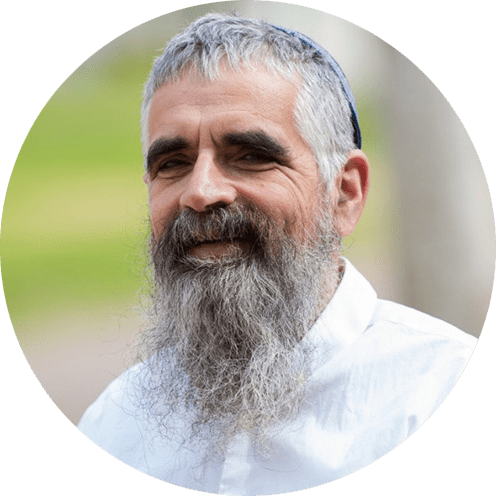
Director of the Tzohar Center for Jewish Ethics
Rabbi Cherlow is a world-respected expert in issues of ethical practice and Jewish law.
He serves on many professional committees and is a sought-after lecturer in Israel and around the world.
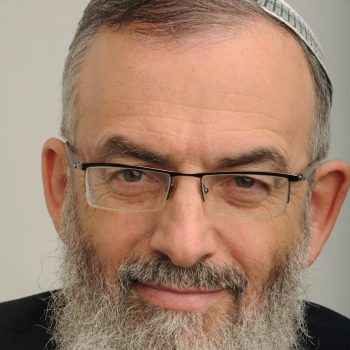
Chairman of the
Tzohar Rabbinical Organization
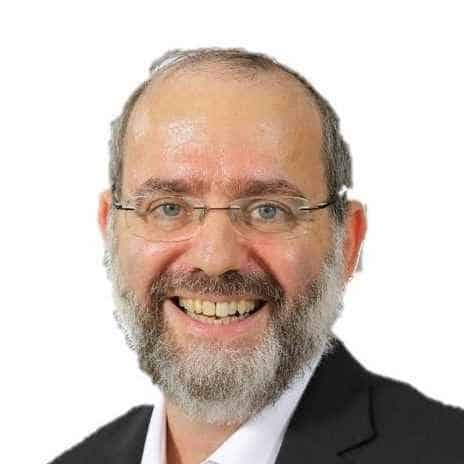
Director of the Tzohar Center for Jewish Ethics
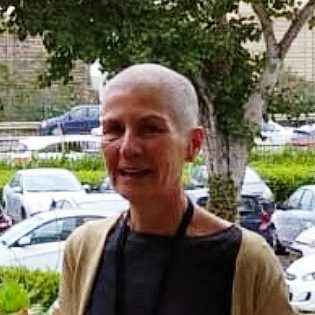
Director of the
School of Social Work at
Bar Ilan University
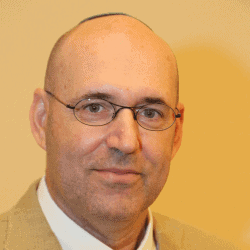
Director of Internal Medicine
Sharon Hospital of
Rabin Medical Center
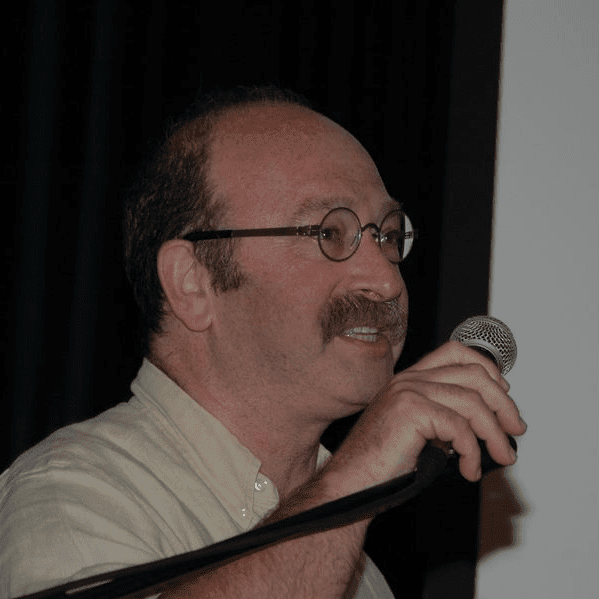
Director of the Intensive Care Unit and
The Institute for Nutrition Research at Beilinson Hospital, Rabin Medical Center, Petah Tikva
Lecturer in the Faculty of Medicine, Tel Aviv University, Sackler Medical School

Rabbi David Stav

Rabbi Uriel Ganzel

Prof. Nachmi Baum

Dr. Dror Dicker

Prof. Pierre Zinger
Director of the Intensive Care Unit and
The Institute for Nutrition Research at Beilinson Hospital, Rabin Medical Center, Petah Tikva
Lecturer in the Faculty of Medicine, Tel Aviv University, Sackler Medical School
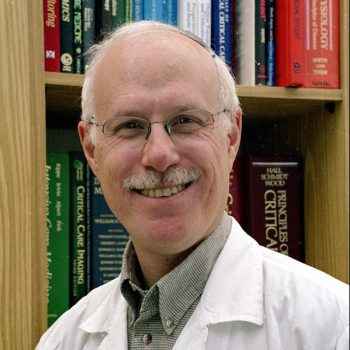
Prof. Charles Sprung

Director Emeritus, General Intensive Care Unit Hadassah Ein Kerem Hospital
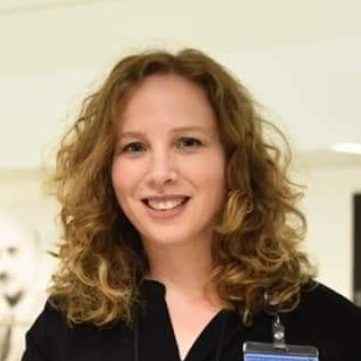
Deputy Director General for Patient Quality and Safety
Expert in Internal Medicine and Rheumatology
Sourasky-Ichilov
Tel Aviv Medical Center
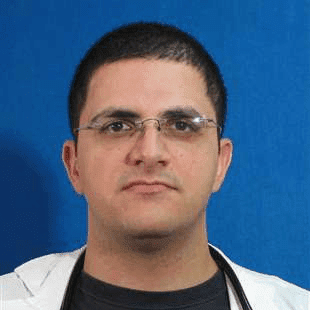
Department of Hemotolgy and Center for Supportive Care, Hadassah Medical Center
Specialist in Internal Medicine, Hematology and Palliative Medicine
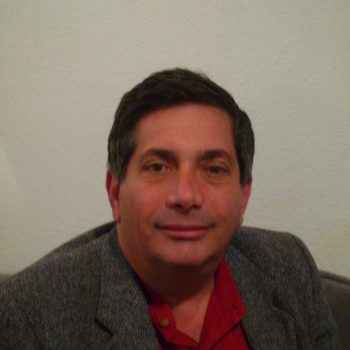
Specialist in Internal Diseases, Allergy and Clinical Immunology
Dr. Tadmor managed Beilinson Hospital for eight years and was a member of the hospital’s ethics and patient law committees
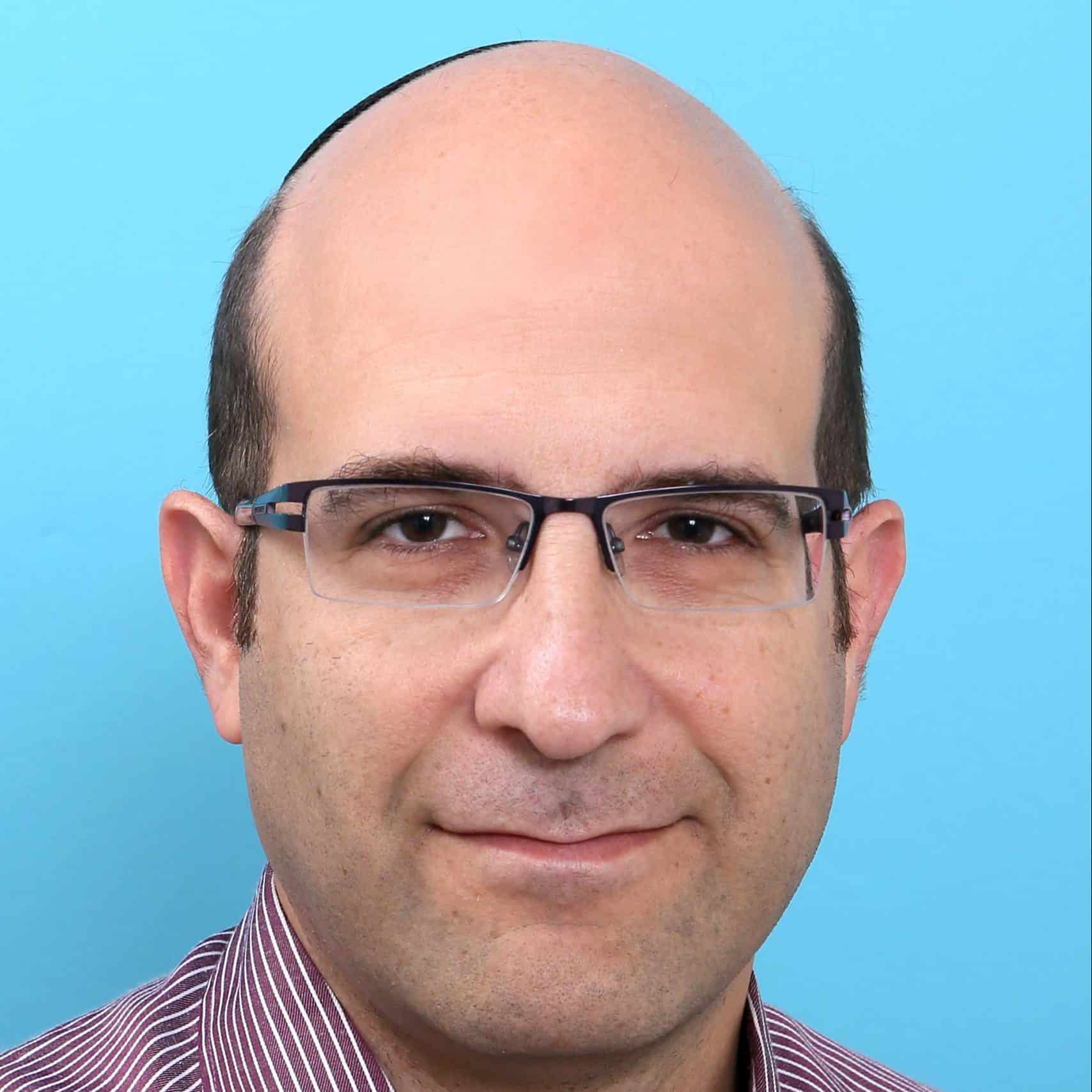
Director of the Lymphoma Service and Hematology Clinical Trials
Rambam Health Care Campus, Haifa, Israel.

Dr. Hagit Padova
Deputy Director General for Patient Quality and Safety
Expert in Internal Medicine and Rheumatology
Sourasky-Ichilov
Tel Aviv Medical Cente

Dr. Adir Shaulov
Department of Hemotolgy and Center for Supportive Care, Hadassah Medical Center
Specialist in Internal Medicine, Hematology and Palliative Medicine

Dr. Boaz Tadmor
Specialist in Internal Diseases, Allergy and Clinical Immunology
Dr. Tadmor managed Beilinson Hospital for eight years and was a member of the hospital’s ethics and patient law committees

Dr. Netanel Horowitz
Director of the Lymphoma Service and Hematology Clinical Trials
Rambam Health Care Campus, Haifa, Israel.
Recent Questions
Recent articles
Rabbi Yuval Cherlow





